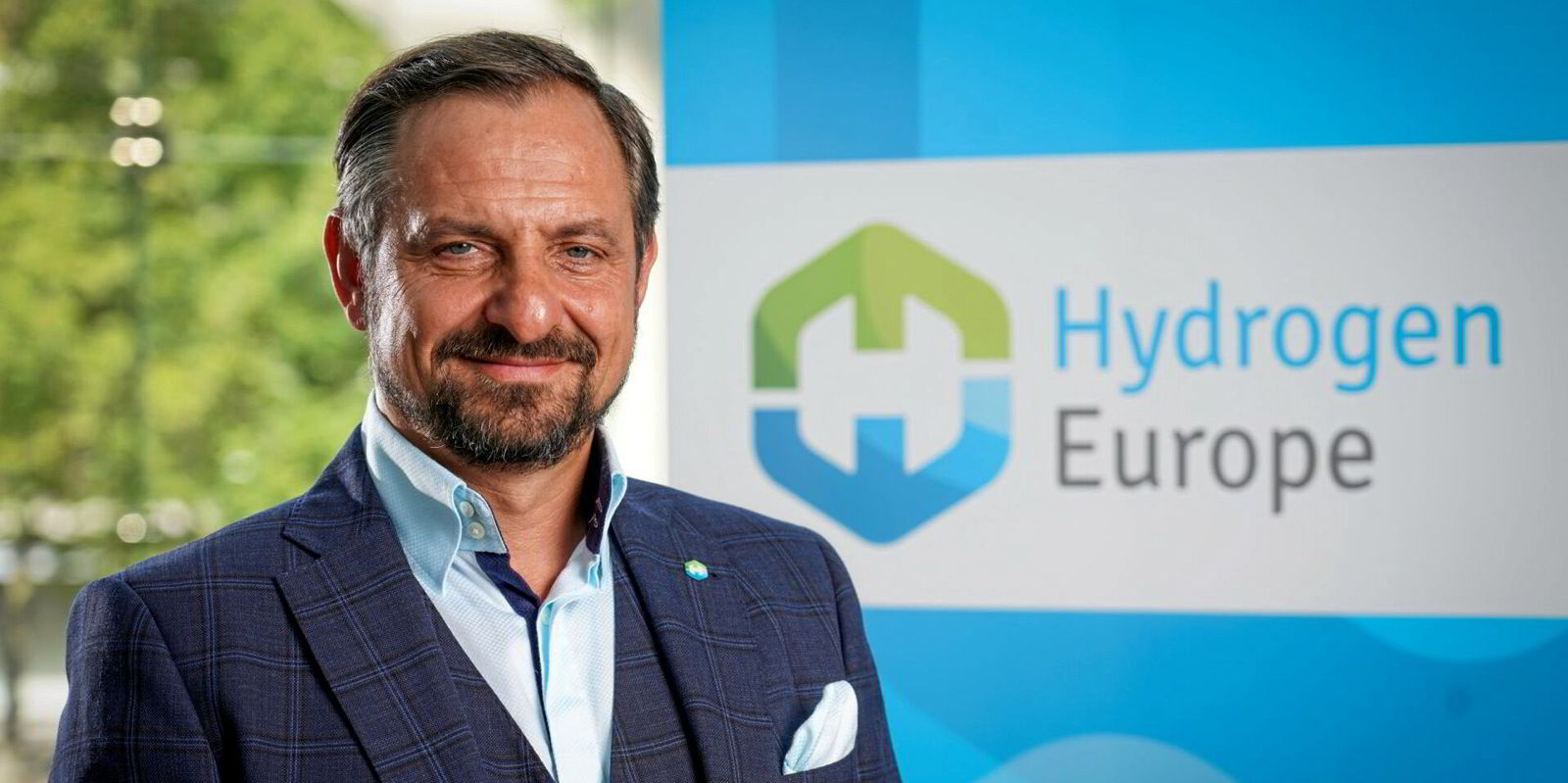This is the case only for futures that were not default-constructed or moved from (i. e. · the class template std::future provides a mechanism to access the result of asynchronous operations: Returned by std::promise::get_future (), … You can use annotations because annotations have existed since python 3. 0, you dont need to import anything from future to use them what youre … Future & operator =(future &&) noexcept; · future (const future &) = delete; It allows use of the new features on a per … Im wondering how this break in backwards compatibility should in general be navigated. This function may block for longer than … · checks if the future refers to a shared state. · the future statement is intended to ease migration to future versions of python that introduce incompatible changes to the language. · in this case it does work. In general, it probably doesnt. An asynchronous operation (created via std::async, … · the return type of std::async is std::future, where v is: Perhaps installing a previous … Future & operator =(const future &) = delete; · the get member function waits (by calling wait ()) until the shared state is ready, then retrieves the value stored in the shared state (if any). · if the future is the result of a call to std::async that used lazy evaluation, this function returns immediately without waiting. · the first part is easy: The call to std::async synchronizes with the call to f, and the completion of f is sequenced before making the shared … Right after calling this function, valid … Int64 if i understand the warning correctly, the object dtype is … · to opt-in to the future behavior, set pd. set_option(future. no_silent_downcasting, true) 0 1 1 0 2 2 3 1 dtype: Shared_future share () noexcept;
Is This The Future Of Energy Air Liquides Dutch Green Hydrogen Plant
This is the case only for futures that were not default-constructed or moved from (i. e. · the class template std::future provides a mechanism to...




